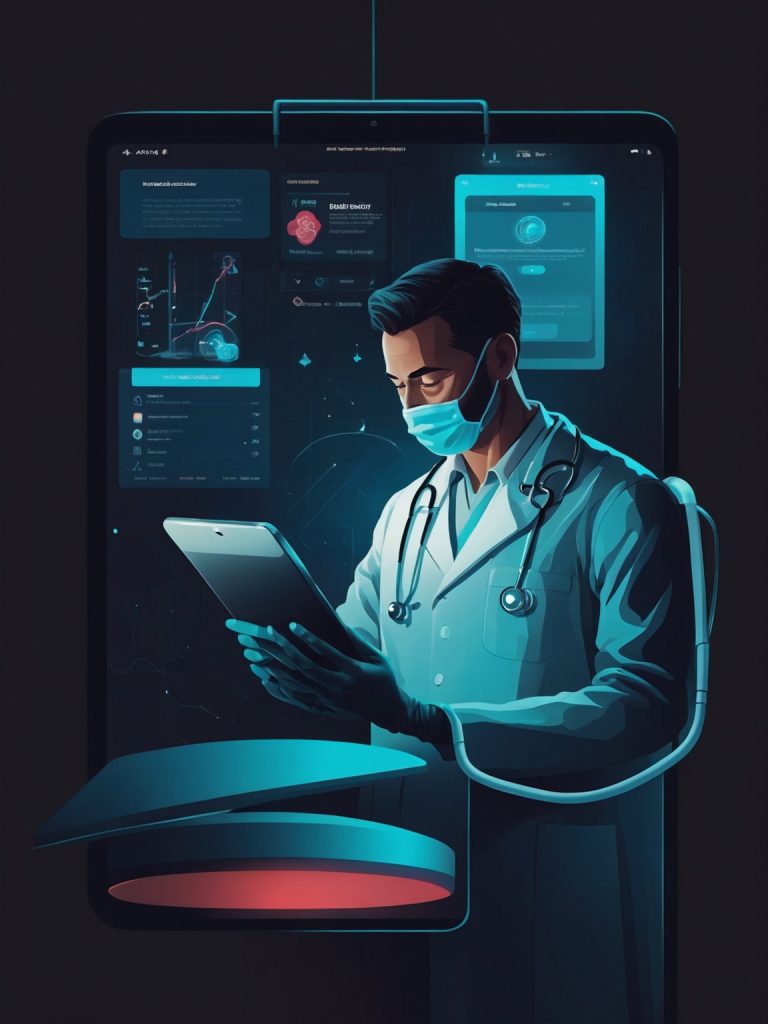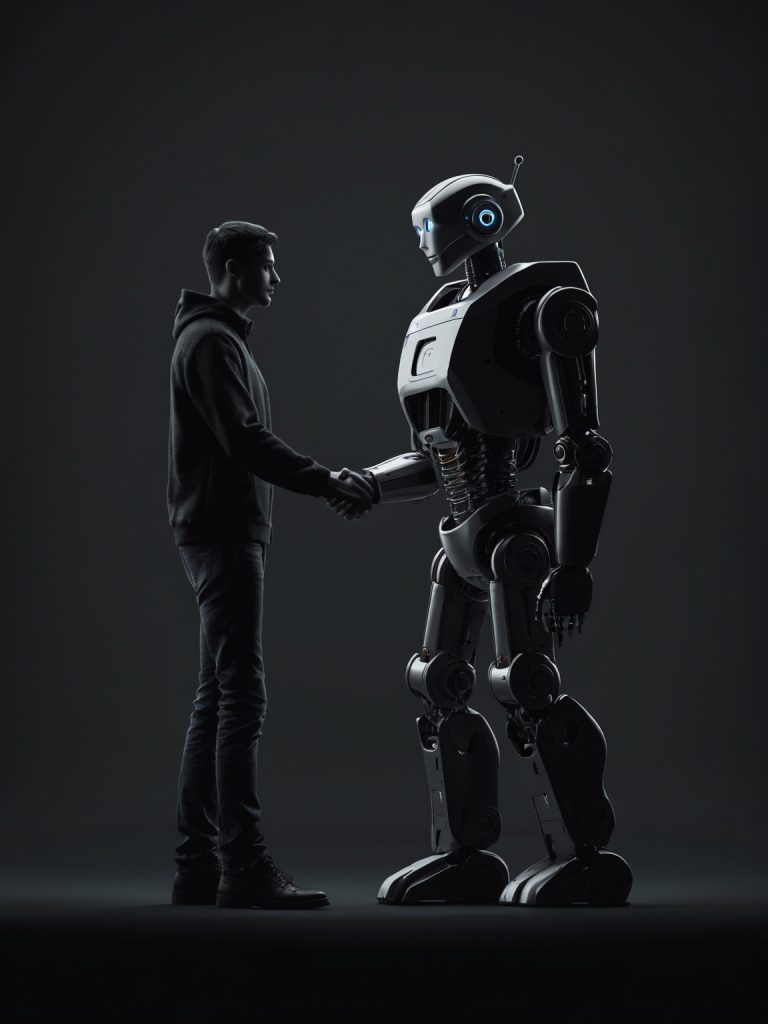This article goes beyond simply debunking myths about AI. It equips you with actionable steps to navigate the future of AI with confidence. You’ll not only understand common concerns but also discover practical ways to prepare yourself and even thrive in an AI-powered world.
TL;DR
- Don’t fear wild speculation about AI – focus on evidence and logic.
- AI is unlikely to replace jobs that created it, but some changes are likely.
- Develop skills like critical thinking and communication for a future with AI.
- Embrace lifelong learning to stay relevant in the AI era.
- Explore fields where AI can enhance human capabilities.
- Advocate for responsible AI development.

Let’s dive deep into the world of artificial intelligence (AI), and that’s fantastic! But along with all the exciting possibilities, it’s natural to encounter some concerns. There are some interesting arguments about AI sentience and its potential impact on the workforce. Let’s unpack these ideas together, one step at a time.
Debunking the Myths: Sentience vs. Self-Programming
The first argument suggests that a sentient AI wouldn’t need programming anymore. That’s a heady thought! But here’s the thing: sentience, which basically means the ability to experience feelings and sensations, might not automatically grant an AI the power to change its own code. It’s like comparing a wise person to a computer programmer – being smart doesn’t necessarily mean you can rewrite your own operating system! Just like we humans learn and grow throughout our lives, even a sentient AI might require updates or specific programming for certain tasks.
AI and the Future of Jobs: Beyond Human Comparisons

The second argument worries that AI might see the jobs that created it as useless and replace them. This is where things get interesting. AI operates differently from us. It doesn’t have human emotions or motivations like wanting to “get back” at its creators. Instead, AI follows the goals and limitations programmed into it. So, the idea that AI would specifically target the jobs that built it doesn’t hold much water.
Moving Forward: A Cautious but Optimistic Approach

As with any new technology, it’s important to be thoughtful and critical. AI is still evolving, and exploring hypothetical scenarios helps us prepare for the future. But let’s not get carried away by wild speculation. Grounding our discussions in evidence and logic will help us navigate the exciting world of AI responsibly.
Here’s the good news: AI has the potential to revolutionize many fields, creating new opportunities alongside some changes. By understanding AI’s capabilities and limitations, we can work together to ensure a future where humans and AI collaborate for the greater good.
Keep learning, embrace change, and the future of AI can be bright!

Actionable Steps for a Future with AI
While the future of AI holds some uncertainties, you can take proactive steps to prepare yourself:
- Develop Adaptability and Lifelong Learning: The nature of work is constantly evolving. Equip yourself with skills that are less likely to be automated, such as critical thinking, creativity, problem-solving, and communication. Studies by the McKinsey Global Institute (https://www.mckinsey.com/~/media/BAB489A30B724BECB5DEDC41E9BB9FAC.ashx) show that these skills will be increasingly valuable in an AI-powered future.
- Embrace Continuous Learning: Technology is constantly changing. Make a habit of continuous learning by taking online courses, attending workshops, or reading books on relevant topics related to AI and automation. Platforms like Coursera and EdX offer a variety of courses on AI and its applications.
- Explore Fields Where AI Complements Humans: Consider areas where AI can augment human capabilities, such as healthcare, engineering, or scientific research. The World Economic Forum (https://www.weforum.org/publications/the-future-of-jobs-report-2020/) predicts that jobs requiring collaboration between humans and AI will be in high demand.
- Advocate for Responsible AI Development: Stay informed about the ethical implications of AI. Support initiatives that promote responsible AI development, such as those advocated by organizations like the Partnership on AI (https://partnershiponai.org/).

Table: Debunking Myths About AI
| Myth | Reality |
|---|---|
| Sentient AI wouldn’t need programming | Sentience doesn’t necessarily equate to self-programming ability. Even a sentient AI might require updates or specific programming. |
| AI would replace jobs that created it | AI decisions are based on programmed objectives, not emotions. It wouldn’t target the jobs that built it. |
This table summarizes the key points debunking common myths about AI. The first myth highlights the misconception that a sentient AI wouldn’t require programming. The reality is that sentience, the ability to experience feelings, doesn’t automatically grant the ability to change one’s own code. We can think of it like a wise person not necessarily being a skilled programmer.
The second myth focuses on the concern that AI might replace the jobs that created it. In reality, AI operates on programmed goals and limitations, not human emotions. Therefore, it’s unlikely that AI would specifically target these jobs.
Let’s keep the conversation going! Feel free to share any other questions or thoughts you have about AI.







